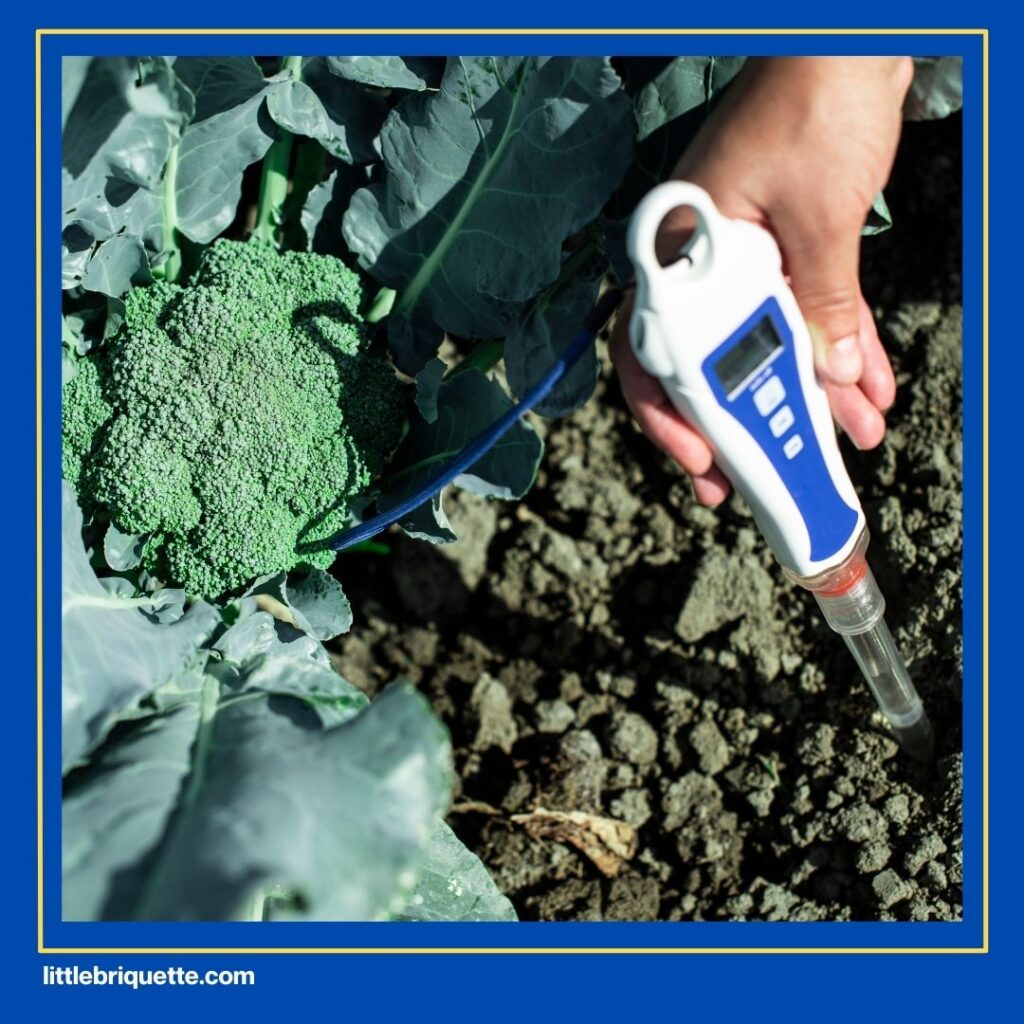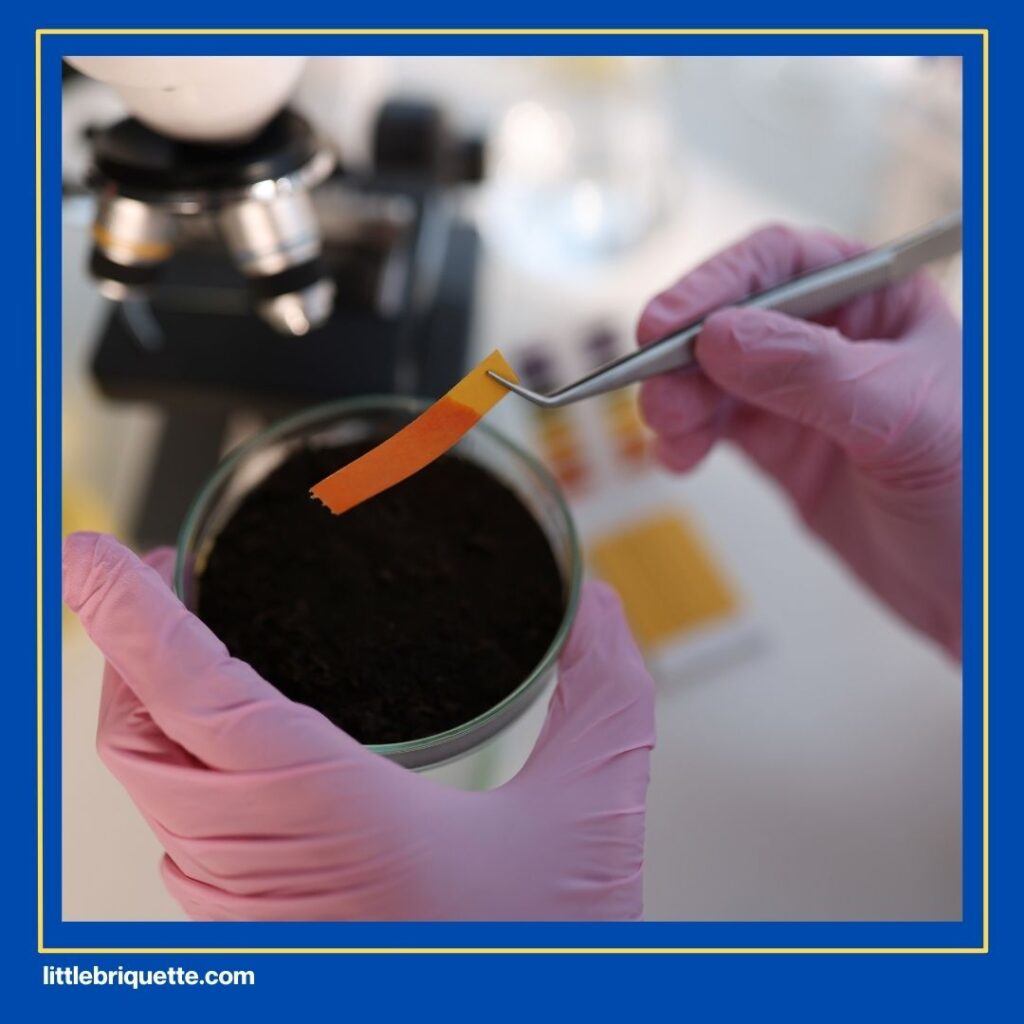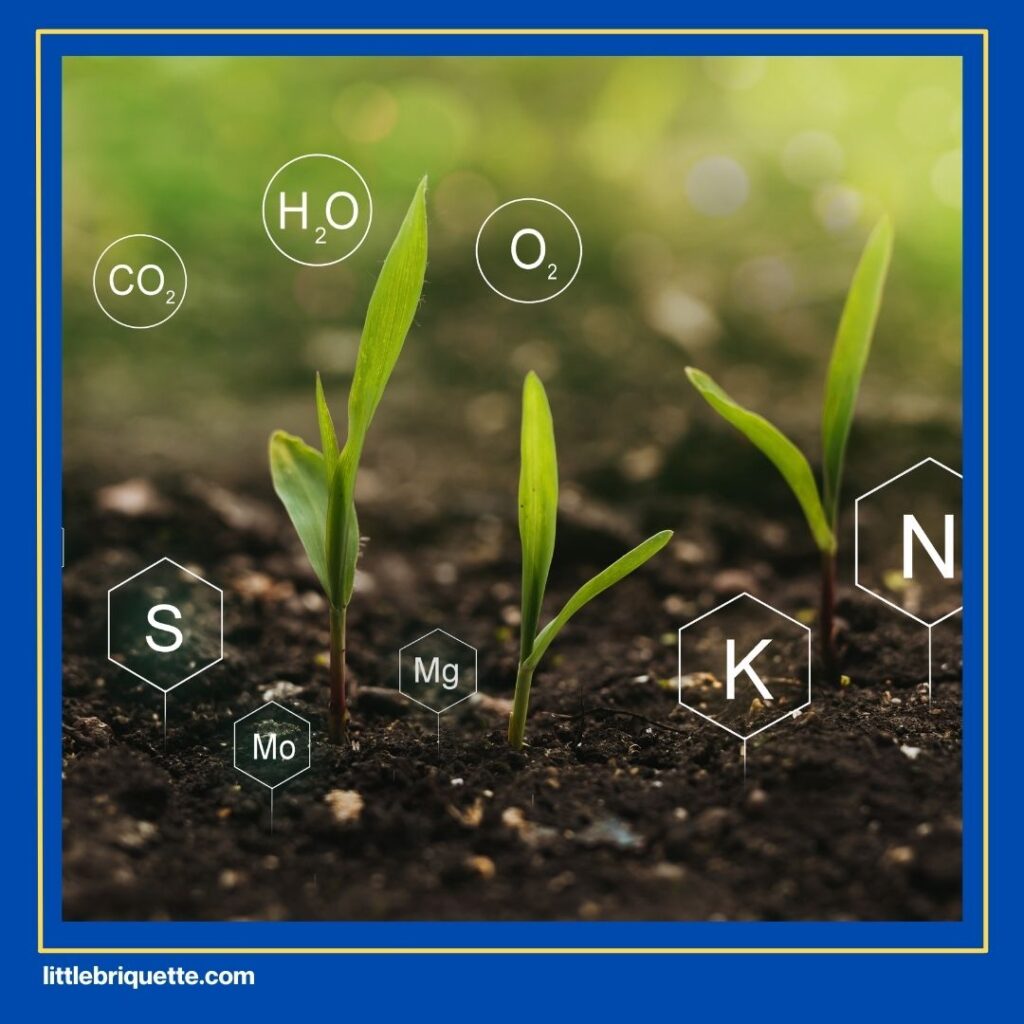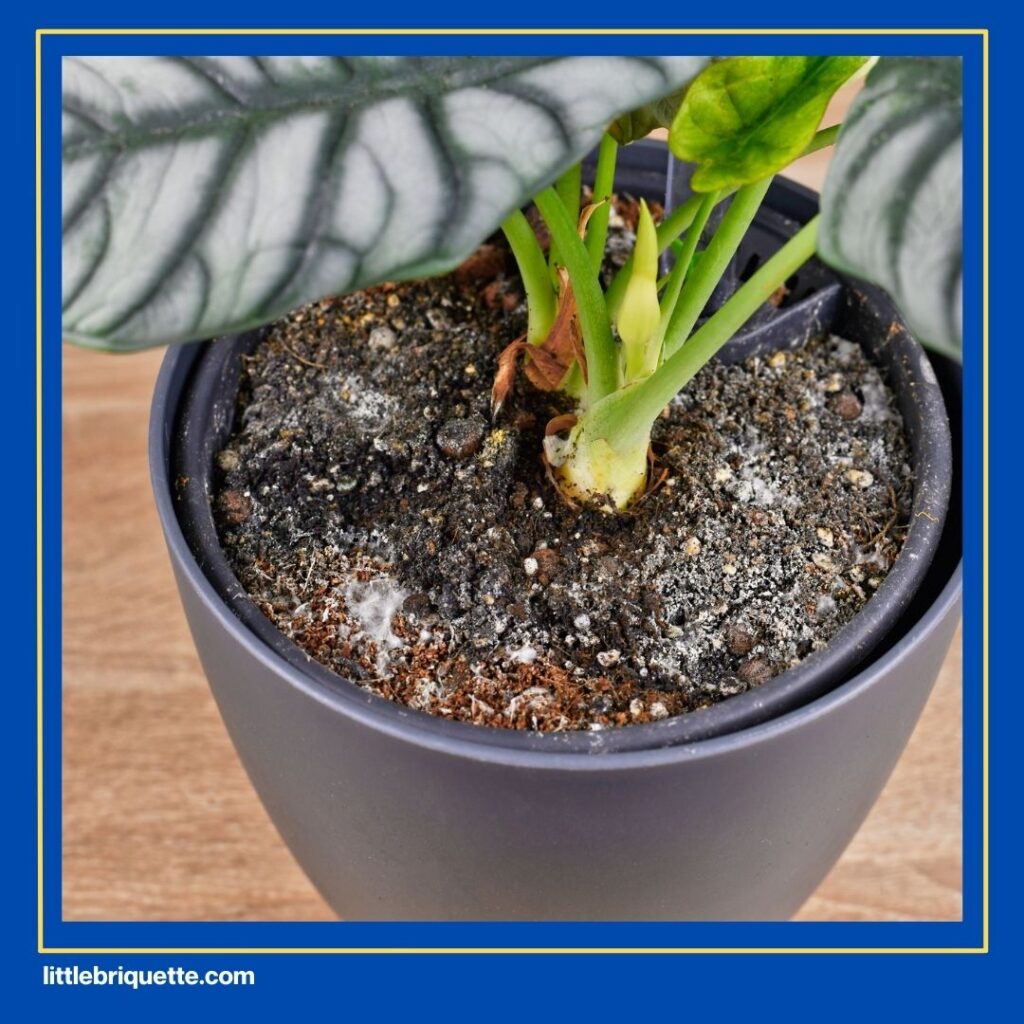Plant care is a crucial aspect of gardening and agriculture that often requires special attention to ensure that plants grow healthily and productively. Fertile soil and good resource management are essential for supporting plant growth. One innovative way to enhance soil quality and support plant health is by using natural materials. A natural material that is gaining popularity is coconut charcoal for plant care.
Coconut charcoal, produced from the burning of coconut shells, offers several remarkable benefits due to its unique porous structure. It not only serves as a planting medium but also improves soil quality, retains moisture, and supports soil microorganism health. When used correctly, coconut charcoal can be an environmentally friendly and effective solution for various challenges in plant care.
Advantages of Coconut Charcoal for Plant Care
In addition to being used as fuel for cooking, industry, or beauty purposes, coconut charcoal has now proven to be effective in maintaining and caring for plants. Here are the detailed advantages of using coconut charcoal for plant care:
Moisture Retention

Coconut charcoal has a highly porous structure that excels in absorbing and retaining water. This porosity allows coconut charcoal to hold water for a longer time compared to regular soil. When soil mixed with coconut charcoal is watered, the charcoal absorbs a significant amount of the water and then slowly releases it into the soil as needed.
For example, in gardens or plant pots, adding coconut charcoal to the growing medium can reduce the frequency of watering required. For instance, if you are growing ornamental plants in pots, mixing coconut charcoal with the soil can help retain soil moisture for a longer period, so you won’t need to water the plants every day. This is particularly beneficial in hot weather or during dry seasons.
Enhancing Soil Quality

Coconut charcoal can improve soil structure by enhancing aeration and drainage. The porous structure of coconut charcoal allows air to enter the soil, preventing soil compaction that can limit root growth. By improving soil aeration, plant roots can develop more effectively, and nutrient absorption becomes more efficient.
Enhanced soil aeration helps plant roots get sufficient oxygen. Healthy and strong roots can absorb nutrients and water more effectively, contributing to better plant growth and increased resistance to stress.
pH Control – Coconut Charcoal for Plant Care

Coconut charcoal has the ability to balance soil pH. Its natural properties allow it to act as a pH buffer, helping to neutralize soil that is too acidic or alkaline. This is important because balanced soil pH affects nutrient availability for plants.
A balanced soil pH ensures that nutrients in the soil are available in forms that plants can absorb. By stabilizing pH, coconut charcoal can enhance plant health and crop yields. Plants will be better able to absorb essential nutrients, such as nitrogen, phosphorus, and potassium, which support optimal growth.
Nutrient and Microorganism Boost

Coconut charcoal provides an ideal habitat for beneficial soil microorganisms, such as decomposer bacteria and mycorrhizal fungi. These microorganisms assist in breaking down organic matter in the soil and improving soil fertility. By providing a habitat for microorganisms, coconut charcoal contributes to the decomposition of organic matter, enhancing soil fertility. This results in richer soil with more nutrients, supporting better plant growth and reducing the need for additional fertilization.
Mitigating Odors and Mold

Coconut charcoal can absorb unpleasant odors and reduce excess moisture that can lead to mold growth. The porous structure of coconut charcoal also helps in reducing humid conditions that are ideal for mold development. This is particularly useful in areas with poor drainage or in plant pots that are prone to mold and odor issues.
How to Use Coconut Charcoal
Effectively utilizing coconut charcoal to enhance plant health and growth involves following these guidelines:
Choosing the Right Coconut Charcoal
When selecting coconut charcoal for plant care, ensure you choose a high-quality and pure product, free from additives or harmful chemicals, and made only from naturally burned coconut shells. Opt for charcoal with medium particle size (about 1-5 mm), as particles that are too fine can clump together, while those that are too large can disrupt soil structure. High-quality coconut charcoal is typically dark black with a coarse, porous texture, so avoid those that are gray or brown, which may indicate incomplete burning. Additionally, select coconut charcoal from reputable suppliers who provide clear information about their production process to ensure product quality.
Steps for Using Coconut Charcoal for Plant Care
- Preparation of Coconut Charcoal: Before mixing coconut charcoal with soil, it is advisable to soak the charcoal in water for a few hours or overnight. This helps to remove dust and activate its water-absorbing properties.
- Mixing: Combine coconut charcoal with soil or growing medium in an appropriate ratio. A common ratio is 1:1 or 1:2 (charcoal), depending on your plant’s specific needs. For plant pots, mix the charcoal with the existing potting soil.
- Application in Gardens: For gardens or beds, sprinkle coconut charcoal on the soil surface and mix it into the top layer of soil using a spade or garden fork. This will help improve the overall soil structure.
- Dosage: The general dosage is 1-2 liters of coconut charcoal per square meter of garden soil. For plant pots, about 1-2 tablespoons of coconut charcoal per liter of potting soil is a good starting point.
- Frequency of Use: You can add coconut charcoal to the soil every 6-12 months to maintain soil quality. For new plants, mix coconut charcoal into the soil at planting time and add a small amount on top of the soil every few months.
Tips and Tricks for Use
To maximize the benefits of coconut charcoal in plant care, it is important to combine it with organic fertilizers. While coconut charcoal itself does not replace fertilizers, it can improve soil structure and enhance absorption capacity, helping fertilizers work more effectively. By combining coconut charcoal with organic fertilizers, you can ensure the soil has the nutrients plants need while leveraging the benefits of charcoal’s absorption properties.
Additionally, even though coconut charcoal helps retain soil moisture, it is important to monitor soil moisture levels regularly to prevent issues of over or under-watering that can affect plant health.
Proper storage of coconut charcoal is also crucial; keep it in a dry, sealed place to avoid excess moisture absorption that can reduce its effectiveness. Coconut charcoal can also be mixed with other organic materials like compost or humus to further enhance its benefits, improve soil structure, and enrich nutrient content.
Lastly, regularly check the condition of your plants and soil after using coconut charcoal. If plants show signs of issues such as nutrient deficiencies or stunted growth, adjust the dosage or mixing ratio of coconut charcoal to ensure plants receive optimal benefits from its use.
Coconut Charcoal Production Centers
That’s an overview of coconut charcoal for plant care. You can obtain high-quality coconut charcoal from top producers across Indonesia by contacting this number. Let’s take care of your plants by using this sustainable fuel made from coconut shell waste to help protect the environment.

